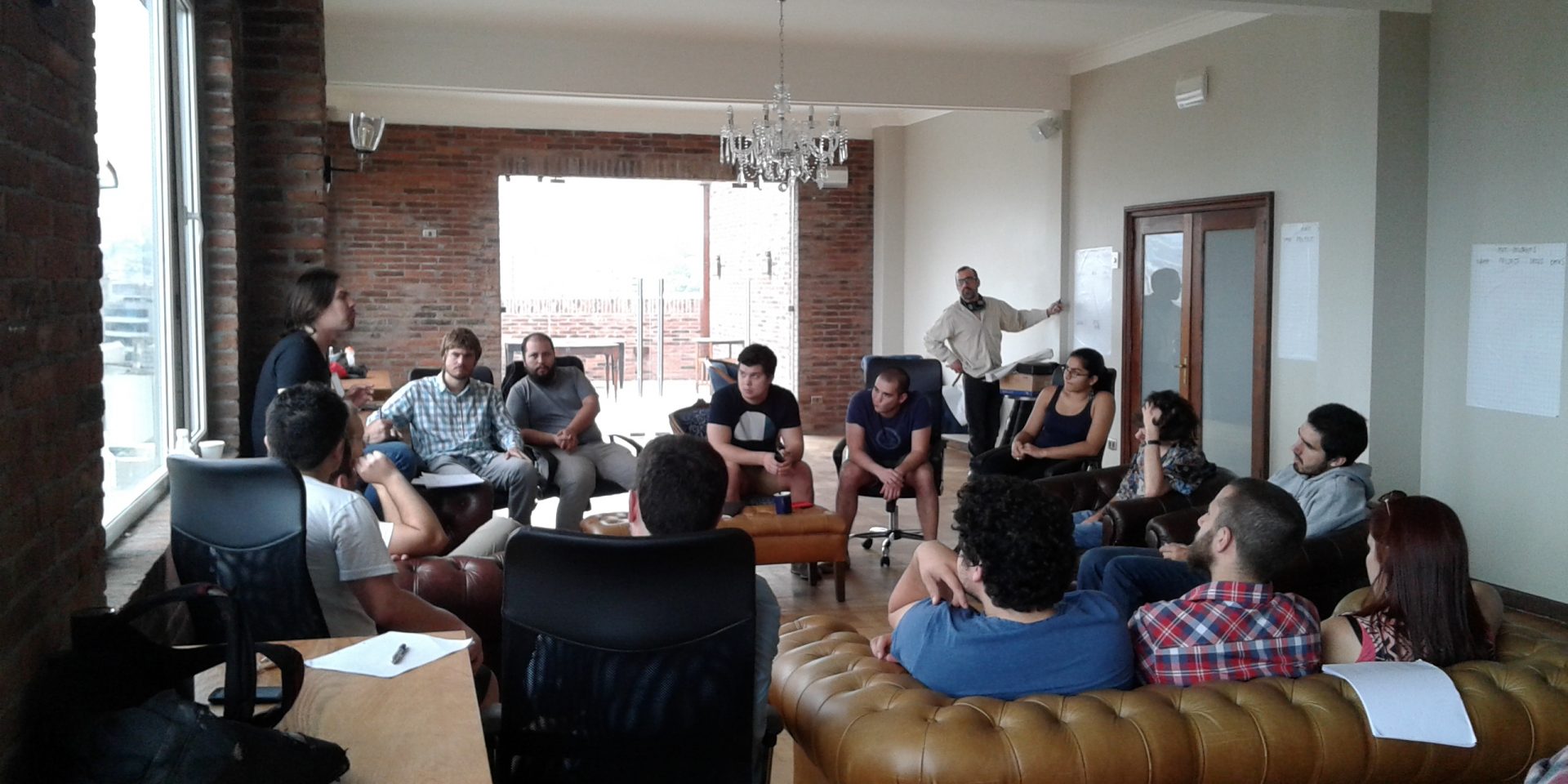
C. Rodriguez-Sickert, D. Cosmelli, F. Claro and M.Fuentes. PLoS One. DOI:10.1371/journal.pone.0138172, 2015.
ABSTRACT
We develop here a multi-agent model of the creation of knowledge (scientific progress or technological evolution) within a community of researchers devoted to such endeavors. In the proposed model, agents learn in a physical-technological landscape, and weight is attached to both individual search and social influence. We find that the combination of these two forces together with random experimentation can account for both i) marginal change, that is, periods of normal science or refinements on the performance of a given technology (and in which the community stays in the neighborhood of the current paradigm); and ii) radical change, which takes the form of scientific paradigm shifts (or discontinuities in the structure of performance of a technology) that is observed as a swift migration of the knowledge community towards the new and superior paradigm. The efficiency of the search process is heavily dependent on the weight that agents posit on social influence. The occurrence of a paradigm shift becomes more likely when each member of the community attaches a small but positive weight to the experience of his/her peers. For this parameter region, nevertheless, a conservative force is exerted by the representatives of the current paradigm. However, social influence is not strong enough to seriously hamper individual discovery, and can act so as to empower successful individual pioneers who have conquered the new and superior paradigm.
![]()
Do not disseminate/print without permission of copyright holder